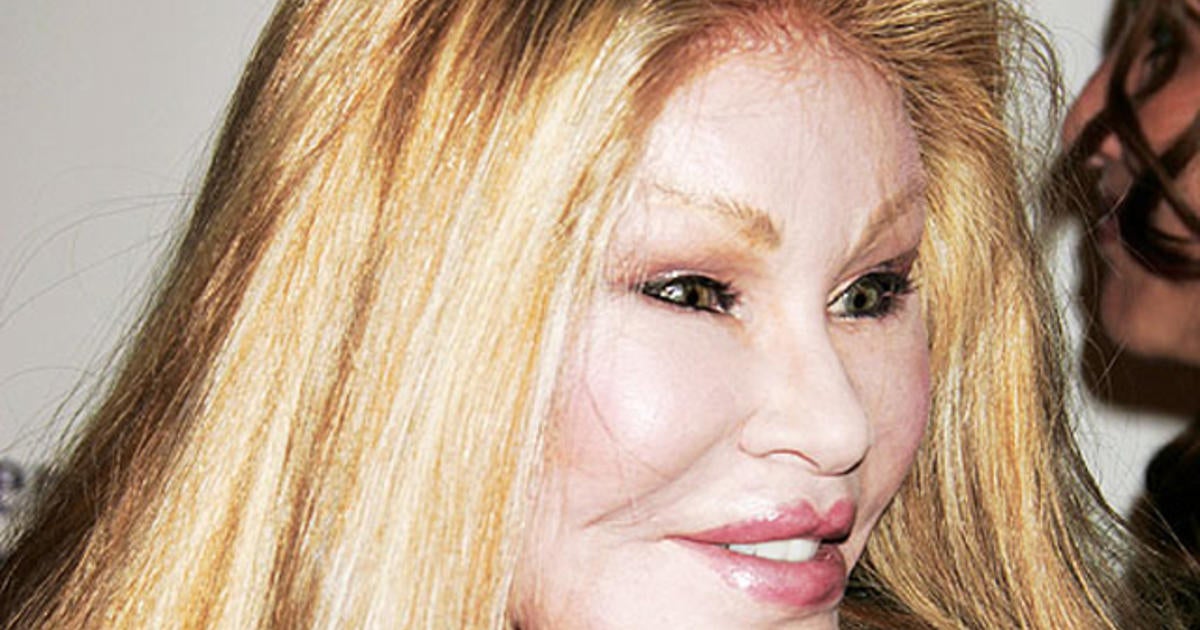Plastic Surgery Inland Empire: Achieve Your Desire Look with Specialist Treatment
Plastic Surgery Inland Empire: Achieve Your Desire Look with Specialist Treatment
Blog Article
Checking Out the Psychological and Social Aspects That Drive People to Take Into Consideration Cosmetic Surgical Procedure as a way of Enhancement
The choice to seek cosmetic surgical procedure frequently expands beyond plain appearances, intertwining with social and mental dynamics that merit thorough examination. Variables such as self-confidence, prevalent societal appeal criteria, and the pervasive impact of social networks merge to shape individual inspirations for medical improvement. As these impacts end up being increasingly popular, comprehending the underlying psychological and cultural contexts is vital. What stays to be explored is the profound impact these variables have not just on personal identity however likewise on broader social standards and values bordering elegance and approval.
The Duty of Self-worth
Self-confidence substantially affects a person's decision to pursue plastic surgery. People with low self-worth typically regard themselves in an unfavorable light, leading to sensations of inadequacy regarding their physical appearance. This adverse self-perception can drive them to seek medical treatments as an approach of enhancing their self-image. The desire for enhancement in one's look is frequently connected to an idea that such modifications will certainly raise their overall self-respect and confidence.

Ultimately, the role of self-confidence in the decision-making procedure concerning plastic surgery highlights the complex interplay in between body photo, personal contentment, and mental health and wellness. Understanding this relationship is vital for health care specialists to guarantee that people are making informed decisions rooted in reasonable assumptions and psychological well-being.
Social Appeal Specifications
Influenced by prevalent media representations and social narratives, social beauty criteria play a crucial function in forming individuals' perceptions of their own bodies. These criteria are typically defined by an idealized kind of appeal that stresses characteristics such as proportion, slimness, and youthful vigor. As these suitables are bolstered via various networks, consisting of tv, marketing, and film, people regularly internalize these messages, causing dissatisfaction with their all-natural look.
The ramifications of these social norms expand past aesthetic preferences; they can affect self-worth, mental health, and interpersonal relationships. Individuals who perceive themselves as disappointing these standards may experience feelings of inadequacy, prompting a desire for plastic surgery as a way of achieving social authorization. This search is often fueled by the idea that conforming to these suitables will certainly boost not just physical appearance yet also social standing and individual gratification.

Impact of Social Media Site
The effect of societal elegance requirements is more intensified by the increase of social networks platforms, where curated pictures and idealized representations of elegance are common. Customers are continuously revealed to filtered and edited photographs, which often depict unattainable physical characteristics. This direct exposure grows a culture of contrast, leading people to assess their very own appearance versus these frequently impractical standards.
Social media influencers and celebrities often advertise aesthetic treatments, stabilizing the idea that medical enhancements are a viable methods for attaining social perfects (plastic surgery rancho check that cucamonga). The exposure of these enhancements can develop a perception that undergoing cosmetic surgical treatment is a typical method, therefore affecting individuals to take into consideration similar interventions as a path to improved self-esteem and social approval
In addition, the interactive nature of social networks enables instant responses through sort and remarks, further enhancing the desire to adhere to popular elegance criteria. Such interactions can aggravate sensations of insufficiency and drive individuals towards plastic surgery as a way of getting recognition. Inevitably, social networks plays an essential role in shaping perceptions of appeal, which significantly influences the decision-making procedures surrounding plastic surgery.

Cultural Viewpoints on Appearance
Across various cultures, understandings of appearance are deeply rooted in historical, social, and financial contexts, forming people' views on charm and worth. In lots of cultures, appearance works as a substantial marker of identity, affecting social standing, professional chances, and individual relationships. For instance, in some societies, light skin is frequently connected with wide range and privilege, while others might idealize darker skin tones as signs of toughness and credibility.
In addition, traditional charm requirements are usually perpetuated through cultural narratives, media representations, and household influences, causing differing perfects across different regions (plastic surgery rancho cucamonga). In Western cultures, the focus on young people and physical fitness typically drives individuals towards aesthetic enhancement, while in specific Eastern societies, more refined modifications aligned with traditional appearances might be favored
Globalization and the spreading of electronic media have actually further made complex these characteristics, creating a hybridization of beauty ideals that goes beyond geographical borders. As people significantly browse these social stories, the pressure to adhere to certain look criteria can result in the desire for plastic surgery, showing a complex interaction of individual ambitions and cultural worths. Comprehending these cultural viewpoints is crucial in addressing the inspirations behind cosmetic surgical procedure considerations.
Psychological Influences of Plastic Surgery
Numerous people looking for cosmetic surgery report experiencing profound mental influences that can considerably change their self-perception and psychological health - plastic surgery rancho cucamonga. The desire for physical enhancement commonly try this site originates from underlying problems such as reduced self-worth, body dysmorphic condition, or societal stress regarding beauty standards. For some, the instant post-operative phase can cause a temporary boost in confidence and contentment with their look, fostering a sense of empowerment
Nevertheless, these favorable sensations might not be withstanding. Study indicates that while some clients experience boosted self-esteem, others may deal with intense stress and anxiety or anxiety if their assumptions are not satisfied. This discrepancy can emerge from impractical perfects continued by media representation and cultural narratives bordering appeal.
Furthermore, the emotional implications of cosmetic surgical treatment prolong beyond the person. Relationships with family and buddies may be strained as social dynamics change, causing feelings of isolation or alienation. Ultimately, the emotional influences of plastic surgery are complicated and multifaceted, needing mindful consideration by both prospective patients and doctor to guarantee enlightened decision-making and realistic assumptions.
Conclusion
To conclude, the choice to pursue plastic surgery is considerably affected by a mix of self-confidence problems, social charm standards, and social perspectives on appearance. The prevalent reach of social media sites additionally worsens these pressures, promoting impractical ideals that individuals usually strive to acquire. Understanding these social and emotional factors is necessary for addressing the motivations behind plastic surgery, highlighting the need for a much more nuanced conversation surrounding appeal and self-acceptance in contemporary culture.
The decision to pursue cosmetic surgical procedure frequently expands beyond plain click to find out more aesthetic appeals, intertwining with psychological and social dynamics that merit detailed evaluation. Eventually, social media plays a critical function in shaping assumptions of beauty, which dramatically impacts the decision-making procedures surrounding cosmetic surgical treatment.
As people increasingly navigate these social stories, the stress to adapt to details appearance criteria can lead to the desire for cosmetic surgical treatment, showing an intricate interplay of cultural values and personal aspirations.In verdict, the decision to seek cosmetic surgery is substantially affected by a combination of self-esteem problems, social appeal requirements, and social perspectives on look. Comprehending these mental and social factors is necessary for dealing with the motivations behind cosmetic surgery, highlighting the requirement for a more nuanced discussion surrounding appeal and self-acceptance in modern society.
Report this page